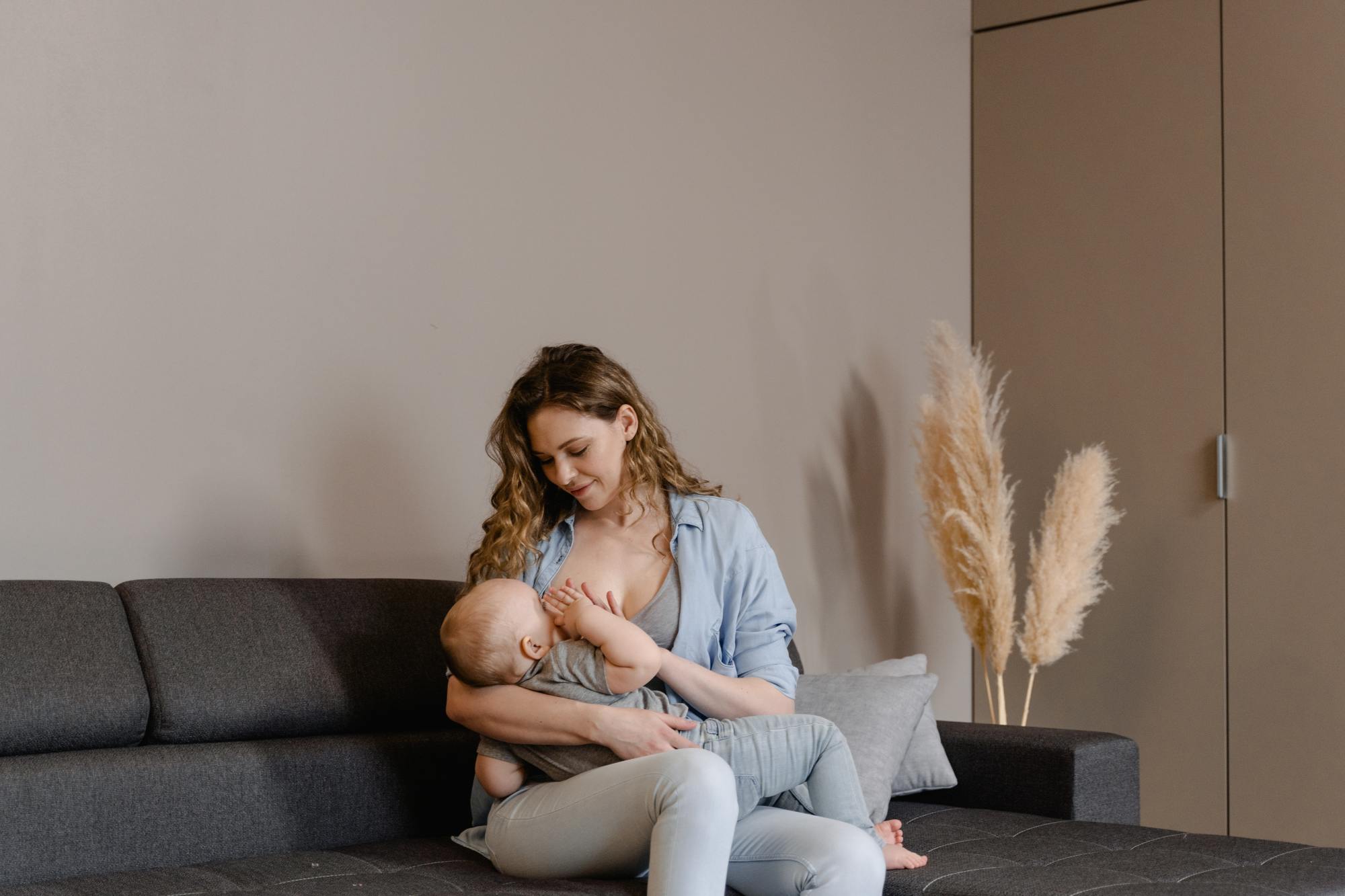03 August 2022
On World Breastfeeding Week, ThisWeekinFM looks at how to create a work environment suitable for breastfeeding and what is required by law in this area.
Officially marked on 1-7 August every year, World Breastfeeding Week was started in 1992 by the World Alliance for Breastfeeding Action to generate public awareness and support for breastfeeding. It now also acts as a campaign for governments, employers, trade unions to do more to support breastfeeding at work.
It calls for employers to establish breastfeeding-friendly workplaces that provide breastfeeding facilities, paid breastfeeding breaks and flexible working arrangements.
Currently, around 70 countries do not have the statutory right to breastfeeding breaks and most of those countries that do only allow breastfeeding breaks for six months.
Why Do Employers Need to Consider Breastfeeding-Friendly Workplaces?
For some employees who live close to their workplace, breastfeeding may mean going home or to a nearby nursery to feed their child. However, it might mean a relative or childminder bringing the child to the workplace to be fed.
Most commonly, it is likely to mean the employee will express milk which they will then store in a cool place. The expressed milk will then be used to feed the baby from a bottle. Expressing milk usually requires the use of either an electric or manual pump. The pump and bottles must be sterile in order to avoid contaminating the milk so it’s vital that there is access to clean, hygienic facilities to express milk.
What Does the Law Say About Breastfeeding at Work?
According to ACAS, a company must provide a suitable rest area for a breastfeeding employee, and somewhere to lie down if necessary.
While it is a legal obligation for employers to regularly review general workplace risks, there is no legal requirement to conduct a specific, separate risk assessment for an employee returning from maternity leave who has notified their intention to breastfeed.
The law doesn’t require an employer to grant paid breaks from a job in order to breastfeed or to express milk for storage and later use. Neither does it require an employer to provide facilities to breastfeed or express milk.
A refusal to allow a breastfeeding employee to express milk or to adjust her working conditions to enable her to continue to breastfeed may amount to unlawful sex discrimination. ACAS recommends that requests for breastfeeding should be considered in the same way as any other request for a temporary change to working conditions from any employee, for any reason.
What Specific Facilities Could a Workplace Provide?
A breastfeeding employee may ask for a private, hygienic, safe and secure area where they can express milk, this could be an unoccupied office or an area used for meetings that can be discreetly screened.
If, after careful consideration, an employer is physically unable to provide appropriate space, they should discuss the issue with the employee to see if there is any alternative facility.
Both HSE and ACAS explicitly state that toilets are not a hygienic area to express milk.
Most businesses have refreshment areas that contain a fridge or cool area. Employers should consider enabling expressed milk to be stored there, perhaps secured in a re-sealable container for hygiene purposes. It would be good practice to discuss storage preferences with the employee.
Picture: a photograph of a baby breastfeeding on a sofa. Image Credit: Pexels
Article written by Ella Tansley | Published 03 August 2022
Share
Related Articles
UK Government Introduces Day-One Right to Request Flexible Working
Millions of employees across the country are set to benefit from new legislation that means flexible working can be requested from the first day of employment.
The...
Read Full Article
National Work Life Week 2021 – Balancing Life as Working Parent
Data from Working Families shows a wide gulf in how parents and carers are managing to balance their work and home lives as we come out of the...
Read Full Article
CIPD Champions Menopause Friendly Workplaces
The Chartered Institute of Personnel and Development is collaborating with Helen Tomlinson, the UK government’s first Menopause Employment Champion, to champion...
Read Full Article
Atlas FM Achieves Fostering Friendly Employer Status
Atlas FM has become a Fostering Friendly Employer, and says they are the first facilities management company to do so.
The Fostering Network’s scheme helps...
Read Full Article
Working Families Index Reveals Challenges of Being a Working Parent
The Working Families Index, the most comprehensive study of the experience of work and family life in the UK, offers insights into the relationship between wellbeing...
Read Full Article
Using Inclusive Language in the Workplace During Ramadan
With Ramadan approaching, D,E&I and Wellbeing Consultant Ash Ahmad shares her tips on how employers can support their Muslim employees and colleagues during the month...
Read Full Article
Companies Offer to Help P&O Ferries Staff
To help former employees of P&O ferries, companies and individuals are posting offers of job support on social media.
This includes job offers, support with CVs...
Read Full Article
Citigroup Adopts ‘No Jab, No Job’ Policy
Citigroup is the first Wall Street bank to mandate COVID-19 vaccines in the workplace.
According to a company memo seen by Reuters, employees in the USA will be placed...
Read Full Article
International Day of People with Disabilities – How Can FMs Get Involved?
On The UN International Day of People with Disabilities, how can FMs use their influence to promote the rights and wellbeing of persons with disabilities?
More than...
Read Full Article
Sodexo Re-Accredited as Disability Confident Leader
Sodexo has had its leader status in the UK Government's Disability Confident scheme re-accredited for a further three years.
The Disability Confident scheme...
Read Full Article

.gif)

.gif)

.gif)






.png)

.png)
